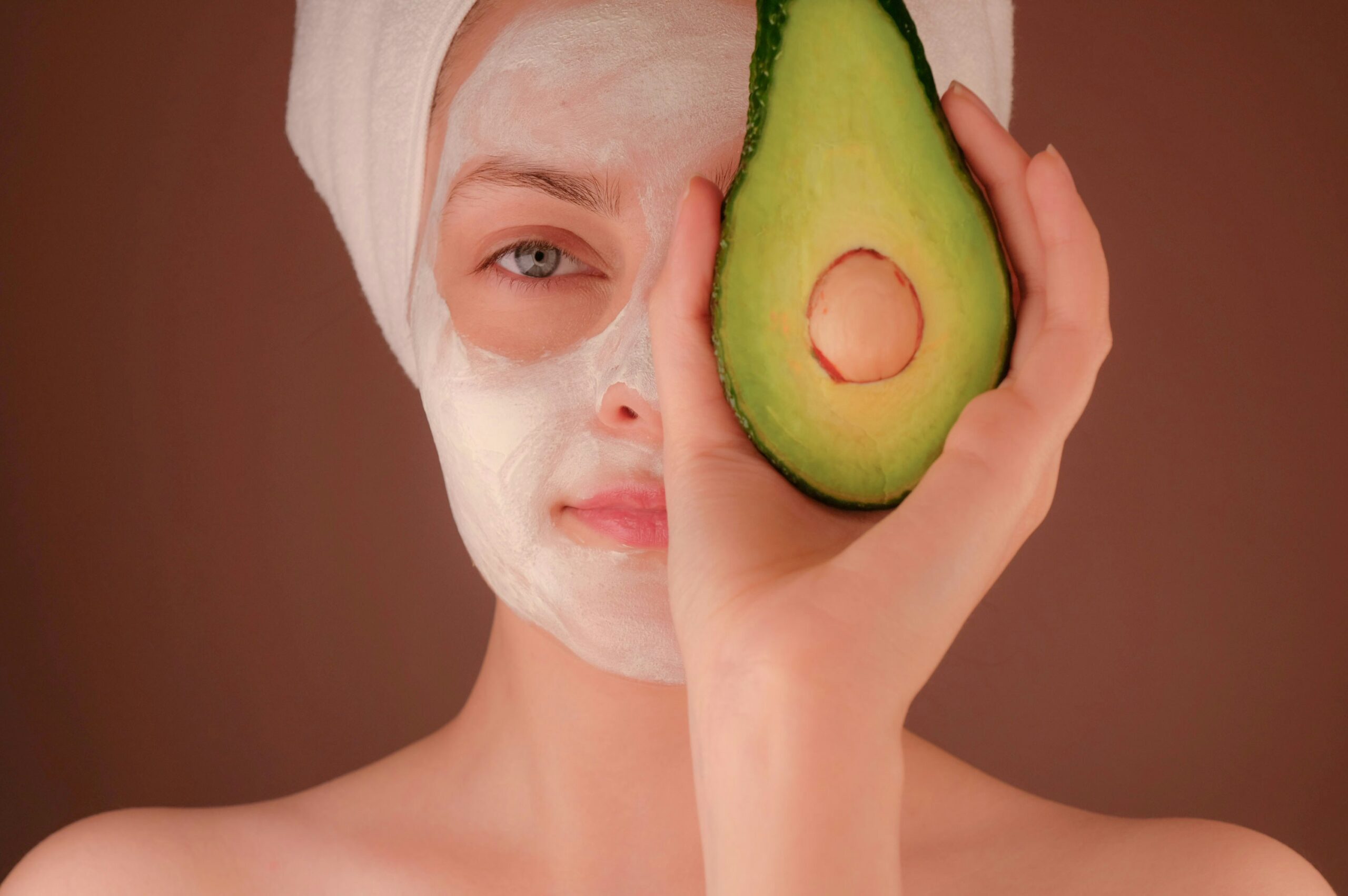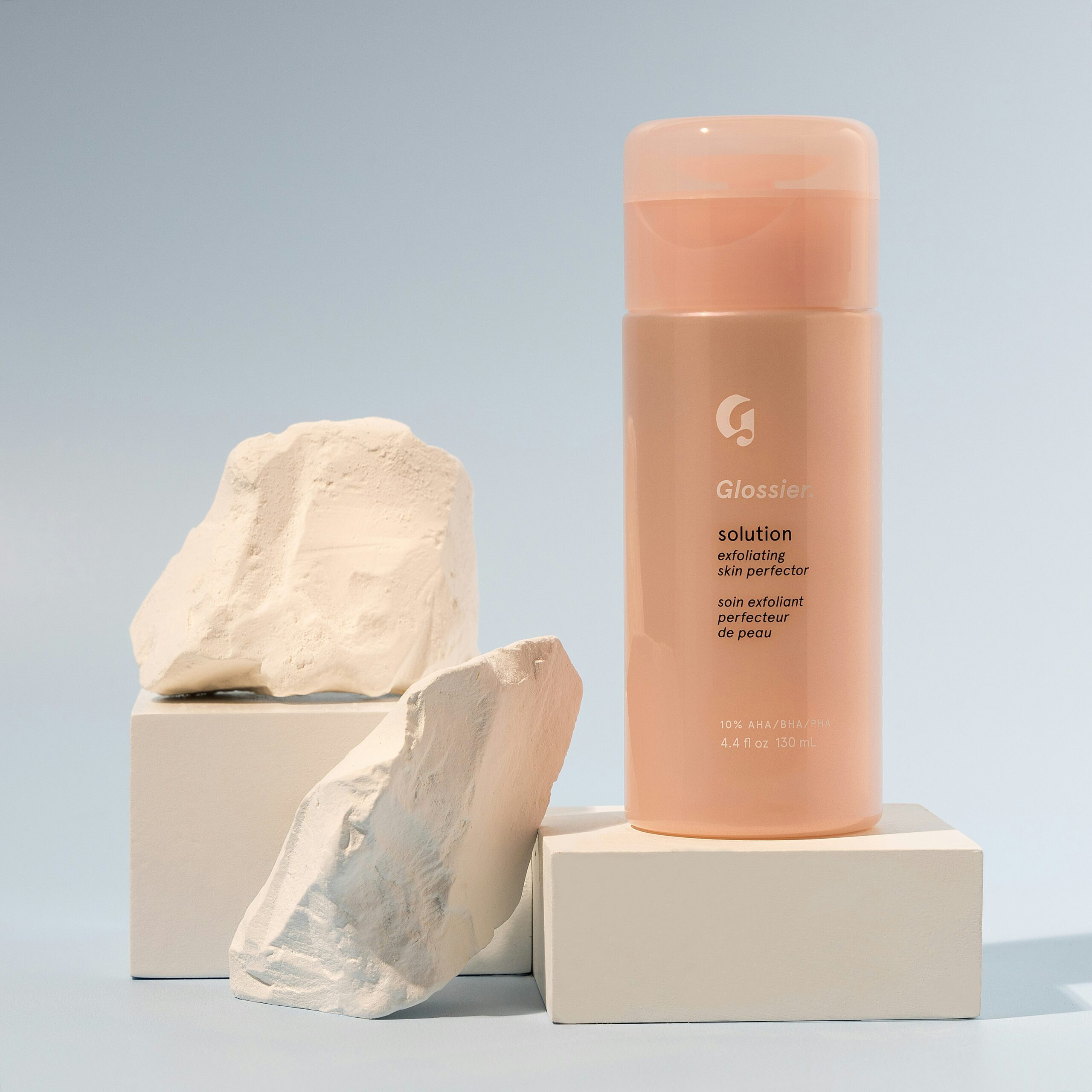
The Rise of Natural Products: A Shift Toward Clean Beauty and Ethical Choices
Understanding Consumer Preferences
In recent years, there has been a noticeable shift in consumer preferences, particularly towards the adoption of natural products within the beauty and personal care industries. This growing interest can be attributed to various factors, including an increased awareness of health and wellness, environmental implications, and ethical considerations. The modern consumer is now more educated than ever about the potential adverse effects of synthetic chemicals found in traditional beauty products, leading to a marked preference for those with natural ingredients.
Table Of Content
A pivotal aspect of this consumer evolution is the health-conscious mindset prevalent today. Individuals are seeking beauty products that align with their wellness goals, prompting greater scrutiny of ingredient lists. As a result, products made from organic and plant-based components have gained considerable traction. Research indicates that over 70% of consumers actively look for products free from harmful additives, emphasizing a collective desire for safety in their daily applications.
Environmental concerns further compound this trend, as issues like climate change and pollution have heightened the public’s awareness of sustainable practices. Many consumers regard the beauty industry’s reliance on harmful ingredients and unsustainable packaging as irresponsible. Consequently, brands that prioritize eco-friendly practices, such as biodegradable packaging and cruelty-free testing, often see increased consumer loyalty. Market statistics show that brands integrating sustainable methods into their operations have experienced a growth rate significantly above the industry average, underlining the financial viability of this shift.
Ethical considerations also play a crucial role, as consumers are increasingly drawn to brands that reflect their values. The desire to support companies with transparent sourcing practices and corporate social responsibility initiatives is becoming a defining trait of modern consumer behavior. In essence, the rise of natural products signifies a broader change toward conscious consumerism, as individuals champion safety, sustainability, and ethical choices in their purchasing decisions.
The Importance of Natural Ingredients
In recent years, there has been a perceptible shift towards clean beauty, with an increasing emphasis on natural ingredients in cosmetic formulations. Natural ingredients derive from sources found in nature, such as plants, minerals, and other organic materials, distinguishing them from synthetic alternatives, which are often made through chemical processes. This pivot towards natural components is largely driven by consumer awareness about the potential adverse effects of synthetic chemicals on both skin health and the environment.
The preference for natural ingredients over their synthetic counterparts is underpinned by various benefits. One significant advantage is the reduced risk of allergic reactions and skin irritations. Synthetic chemicals can often be harsh and irritating, leading to adverse reactions in sensitive individuals. In contrast, natural ingredients tend to be gentler on the skin, promoting a healthier complexion without the associated risks of inflammation or allergic responses. This is particularly crucial for individuals with delicate or reactive skin types.
Furthermore, natural ingredients have been shown to support overall skin health effectively. For example, ingredients such as aloe vera, argan oil, and shea butter are celebrated not only for their moisturizing properties but also for their ability to nourish and repair skin. Scientific studies have highlighted the efficacy of certain natural compounds in improving skin conditions such as acne and eczema, showing that they can be just as effective, if not more so, than traditional chemical-based products. These findings have led to increased trust in natural formulations among both consumers and dermatologists alike.
Expert opinions also reinforce the potential of natural ingredients in skincare. Many dermatologists advocate for the use of plant-based products, citing their holistic benefits and lower probability of side effects. As more research underscores the advantages of these formulations, the beauty industry is likely to continue its transformation toward embracing natural ingredients, paving the way for an era where clean beauty and ethical choices are at the forefront.
Cruelty-Free & Eco-Friendly: More Than Just a Trend
In recent years, the beauty and personal care industry has experienced a marked shift towards cruelty-free and eco-friendly products. The term “cruelty-free” refers to products that have not been tested on animals at any stage of their development. Consumers are increasingly prioritizing ethical considerations in their purchasing decisions, prompting brands to adopt practices that promote animal welfare.
Ethical sourcing of ingredients has also become paramount in this transition. Companies are now more aware of the environmental impact of their supply chains and are actively working to source ingredients from sustainable and responsible sources. This involves ensuring that raw materials are harvested in a way that minimizes harm to ecosystems and local communities. For instance, many brands have begun to embrace certifications such as Fair Trade and Rainforest Alliance, which signify commitment to ethical production standards.
Furthermore, minimal packaging plays an essential role in the eco-friendly movement. Brands are seeking innovative approaches to reduce waste by utilizing recyclable or biodegradable materials. Additionally, some companies are exploring refillable packaging systems, encouraging consumers to return used containers for refills, thus promoting a circular economy. Brands like Lush and The Body Shop exemplify this commitment through their initiatives aimed at reducing single-use plastics and promoting sustainable product life cycles.
Leading the charge in sustainable practices, companies such as Aveda and Tata Harper are noteworthy examples. Aveda, known for its plant-based formulations, has a strong commitment to environmental stewardship, including carbon neutrality in manufacturing. Similarly, Tata Harper emphasizes the use of non-toxic, organic ingredients sourced from their own farm, showcasing the intersection of skincare efficacy and environmental consciousness.
As more consumers demand transparency and sustainability, it is evident that the trend of cruelty-free and eco-friendly beauty is not merely a passing fad but an ongoing evolution in the industry, aligning with broader societal values of ethics and environmental stewardship.
Consumer Education & Making Informed Choices
In an era marked by an increased interest in natural products, consumer education plays a pivotal role in ensuring that individuals can make informed choices regarding their beauty and personal care products. With the growing popularity of clean beauty, it is essential for consumers to familiarize themselves with product ingredients, ethical standards, and the nuances of marketing claims.
Understanding product labels is a fundamental first step. Consumers should look for certifications from recognized organizations that signify adherence to specific ethical and environmental standards. These certifications can range from cruelty-free labels to organic or non-toxic distinctions. By educating themselves about these labels, consumers can better assess the reliability of the products they consider using.
Beyond labels, it’s crucial for consumers to recognize greenwashing—a marketing tactic used by some companies to present their products as more natural or environmentally friendly than they truly are. Awareness of this deception can empower consumers to demand accountability and transparency from brands. Therefore, understanding the language used in marketing, such as vague terms like “natural” or “safe,” will help consumers make informed choices that align with their values.
Resources are readily available for consumers looking to deepen their knowledge. Numerous blogs, websites, and social media influencers specialize in clean beauty education, offering insights into safe ingredients and ethical brands. Engaging with these resources not only enhances consumer literacy but also fosters a community of informed individuals who advocate for ethical practices in the beauty industry.
Ultimately, by prioritizing education and supporting transparency in product claims, consumers can contribute to a shift toward more ethical choices in the beauty industry. The power lies in consumers’ hands to shape market demand and encourage brands to prioritize integrity and sustainability in their offerings. Empowered consumers are the driving force behind the rise of natural products and the ongoing push for clean beauty.






No Comment! Be the first one.